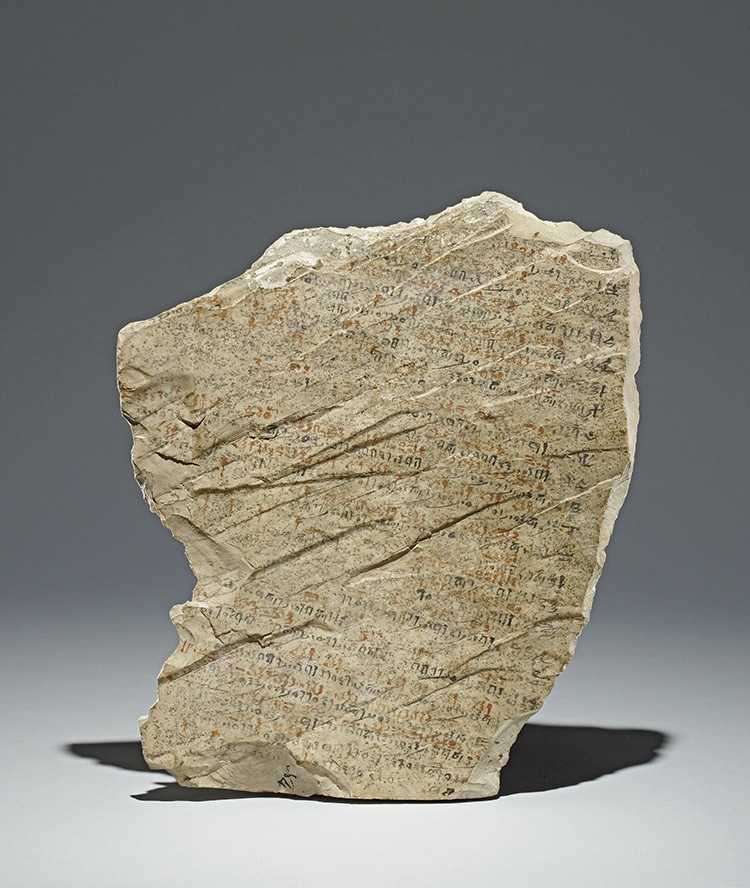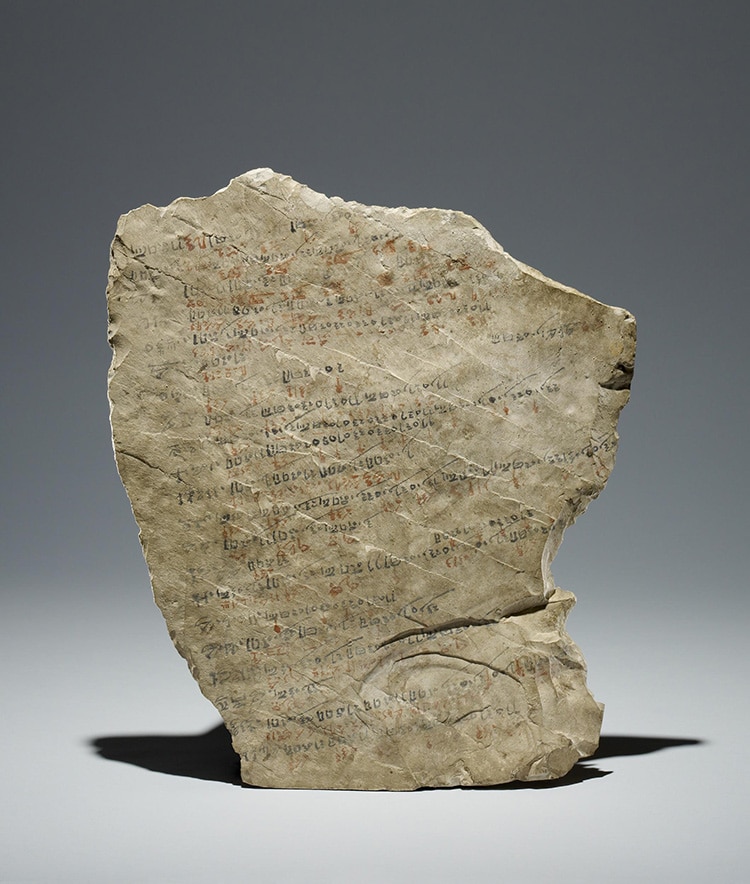Whether its the sniffles or a scorpion bite, somedays you just can’t make it.
As it turns out, Ancient Egyptian employers kept track of employee days off in registers written on tablets.
Atabletheld by The British Museum and dating to 1250 BCE is an incredible window into ancient work-life balance.

A limestone ostracon, listing workers and their reasons for being absent on certain debates, mark dLabelled ‘Year 40' of Ramses II, circa 1250 BC. (Photo:© The Trustees of the British Museum,CC BY-NC-SA 4.0)
The days are marked by season and number, such as month 4 of Winter, day 24.
One Huynefer was frequently suffering with his eye.
Seba, meanwhile, was bit by a scorpion.

Photo:© The Trustees of the British Museum,CC BY-NC-SA 4.0
Several employees also had to take time off to embalm and wrap their deceased relatives.
Some reasons may seem strange to modern ears.
As such, brewing beer was a very important activity.
Fetching stones or helping the scribe also took time in the workers' lives.
Another reason is wife or daughter bleeding.
This is a reference to menstruation.
Clearly men were needed on the home front to pick up some slack during this time.